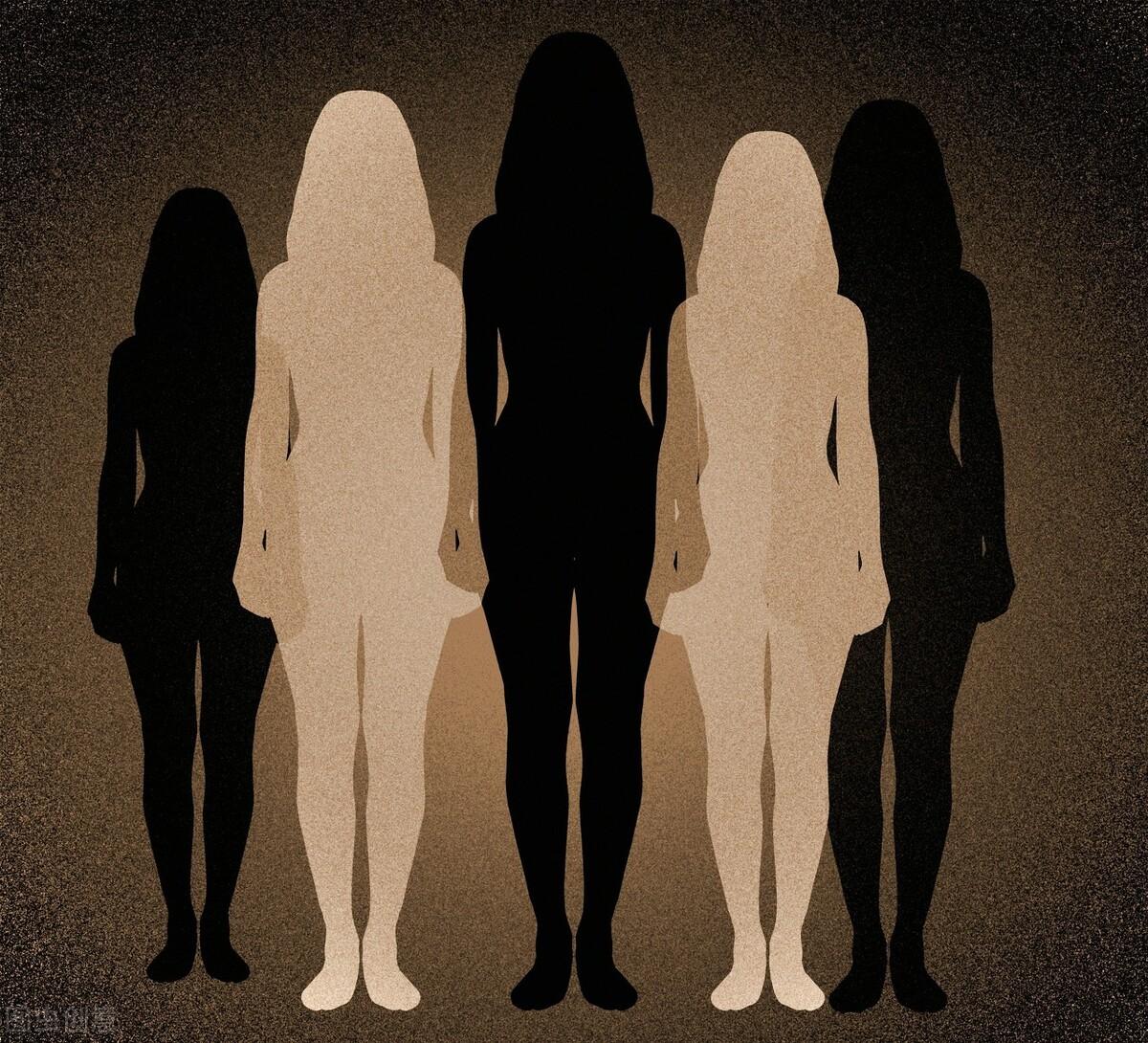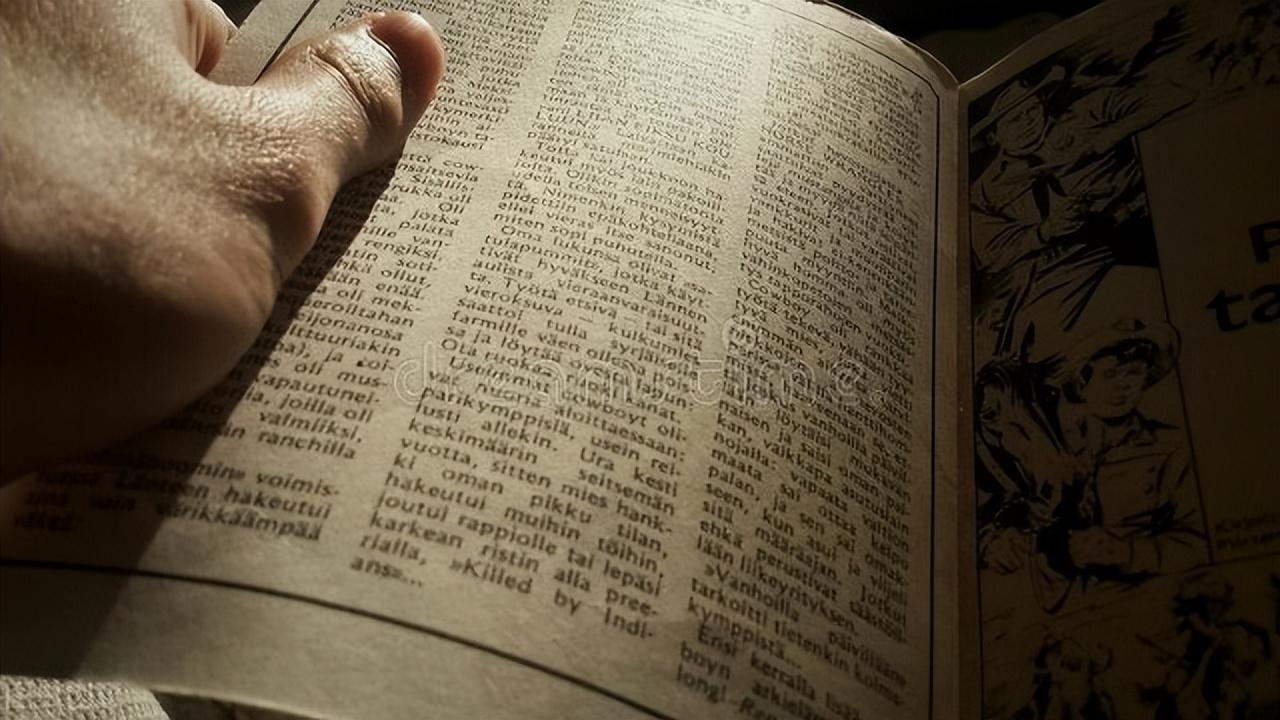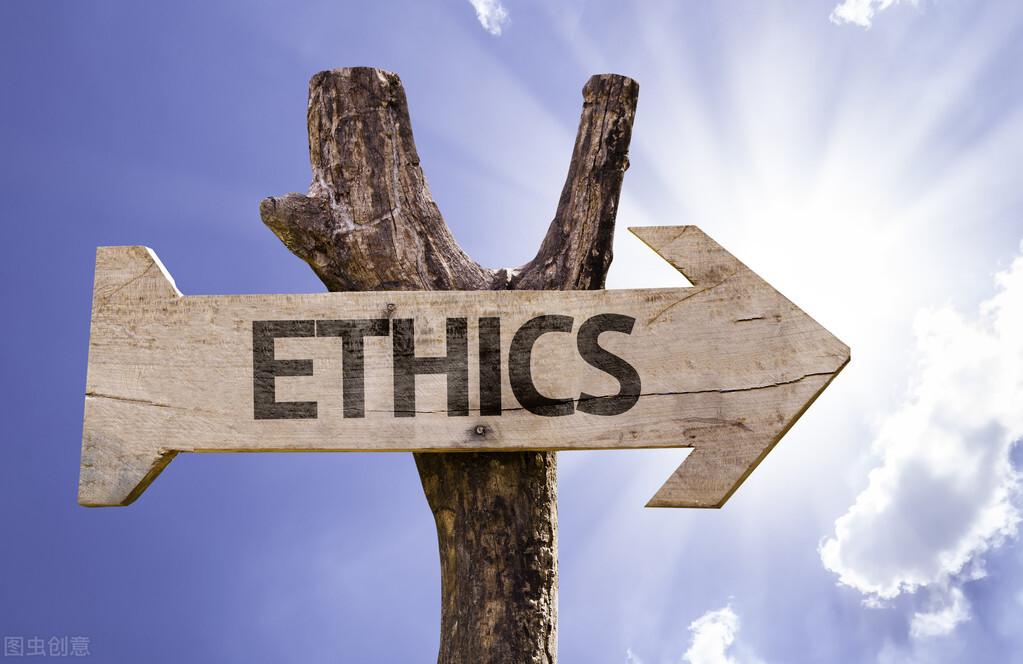Sander's ethical philosophy: There are three obligations in society, what is it?
Author:Liu Xiaoshang Time:2022.07.28
During World War II, some areas of France were occupied by Nazi, and a French bomber pilot received a special bombing task to bomb a Nazi military goal in his hometown. What would you choose if you might eliminate the enemy and hurt your loved ones at the same time, if you are the bomber pilot? Today we will discuss this topic.

Hello everyone, today we continue to share the philosophy of contemporary famous philosophers, Sander's philosophy, and we introduced Roses 'ethical and moral thoughts, Rols' thoughts, and provided a philosophical defense for personal rights and individual freedom Personal rights and freedom are sacred and inviolable, independent of all purposes, or even higher than any ethical judgment of precedent. Super better than good. "
But Sander questioned. He said that if we see ourselves as a free, independent self, we cannot understand the morality and even the morality and even rewarding the morality and even reward by any moral bonds we chose. Political obligations. This includes the obligations of unity and loyalty, historical memory, etc., and it is precisely it is exactly that they have shaped our identity, community, and traditional moral proposition.

Sander said that the reason why a moral outlook must be placed in a certain social relationship, or it is reflected in the community, not purely affirmation and respect for independent self. Roses' thoughts first established the primary position of individual independence, which is actually a prejudice. Sander quoted Mcing Tail's thoughts. Human beings lived in storytelling, and we all lived as narrative visitors.
All those who exist as narrators have the characteristics of some purpose theory. In other words, we are all communities in life, not an isolated individual. The individual in the story has some kind of, the purpose and intention he pursue, this purpose is closely related to our own identity and sense of belonging. We can never find goodness through individuals or use all kinds of virtue. We can understand our lives only by entering the stories or communities that I am in my own.

We are the sons and daughters of someone, the father or mother of someone, a classmate or colleague of someone, a member of a community and a country, etc. We have Inherited a variety of debt, heritage, legitimate expectations and obligations, which constitute a specific ingredient and moral starting point in our lives.
As McGonar said: "Some young Germans believe that birth after 1945 means that everything that Nazis does with Jews has no moral relationship with his peers and Jews." I saw a moral superficial, because it was wrong: "Self can be separated from the role and state of its society and history."

Regarding the relationship between self and society, the relationship and moral responsibility of individuals and communities, Sander is divided into three types:
The first is the obligation of nature. As a person who exists in nature, we have a common obligation and responsibility that we do not need to agree, including the obligation to treat others, doing fair things, avoiding cruel obeys, etc. No one will say that only when I promise you not to kill you, I have the obligation to not kill you. The obligation to not hurt others is a natural obligation. This obligation does not require your consent.
The second is voluntary obligations. This obligation requires you to agree, which is special. For example, I agree with you to use my computer so that you can use my computer. On the contrary, without my consent, using my things is immoral. This obligation is based on the "obligations" that an independent person, under the premise of rationality and freedom. On the contrary, if I let me agree to borrow money in the case of intimidation, this consent is no obligation. The moral outlook between Kant and Rores is based on this obligation.

The third obligation is the obligation of solidarity, and it is also special. There is no need to agree. This is another obligation proposed by Sander. This obligation is the third obligation that is different from natural obligations and voluntary obligations. For example, if you do n’t need to agree, you have the obligation to support your parents. For example, if you do n’t need to agree, you have the obligation to protect your loved ones, the obligation of patriotism, and the obligation and responsibility of maintaining a community.
Suppose two children are about to be drowned, and you can only save one. One is his own child, and the other is the child of a stranger. Normal people should choose to save their children first, instead of using coins to determine who to save first. In this behavior, a consensus reflects that the happiness of parents to their children has a special responsibility. Similarly, children have the obligation to support their parents, although this obligation is not voluntarily selected. Protecting your children and taking care of your parents' obligations and responsibilities, this moral proposition is to transcend the ethics of mutual benefit and consent.
At the beginning, we gave an example. During World War II, a French bomber pilot received a task to bomb a Nazi arsenal, but this arsenal was in its hometown. In the case that he might destroy the enemy, but at the same time hurt his loved ones, after repeatedly weighing, he eventually rejected the military operation. Although this bombing is inevitable to liberate France, he cannot accept himself as a person who bombed his hometown. In his opinion, this is unacceptable to moral. It is not only a moral foundation for the protection of their families and loved ones, but also the love of the country, but also has a moral foundation. When our country faces provocations and compatriots are facing hardships, we have a sense of responsibility in our hearts, and we want to extend a helping hand to help them. When the country has won honors, it seems to have received some recognition; when the country is infringed, it seems to be provoked; when the country is discredited, he will feel humiliation. For example, when traveling abroad, they will feel embarrassed and shame when they see our rude behavior, even if we don't know them. The ability and shame of these behaviors of family members and compatriots are closely related to the ability of collective responsibility.

The special responsibilities of family members and clan compatriots, loyalty to friends, and support for friends, hometown, communities, and countries. In these examples, we see a conscious obligation of unity. If there is no them, it will be difficult for us to explain the above behaviors. It is the obligation of unity that we have caused these emotional and behavioral motivations. Family and clan are a small community, and the country and nation are also a large community. We all belong to all kinds of communities, and naturally have some obligations and responsibilities to maintain the unity of the community, just as every family member has the responsibility and obligations to maintain the reputation of his family. This is an instinct. The emotion is also a kind of unity.
Just like Sander said that if you believe that patriotism has a moral foundation, if you believe that we have special responsibilities to our compatriots, then you must accept. The three obligations are: the obligation of unity.

Well, this is the content of today. If you like my article, please like the collection and follow me. See the next article.
- END -
2022 China International Travel Fair | Cultural Tourism Chinese reporters take you to the exhibition -walk into Baoshan, Yunnan

Baoshan, known as Yongchang in ancient times, took the meaning of Yongshi prosperi...
God's operation!Men use silver bracelets to test poison, result ...

A few days agoOne message rushed to the hot search##Netizens teaseWhether the brac...